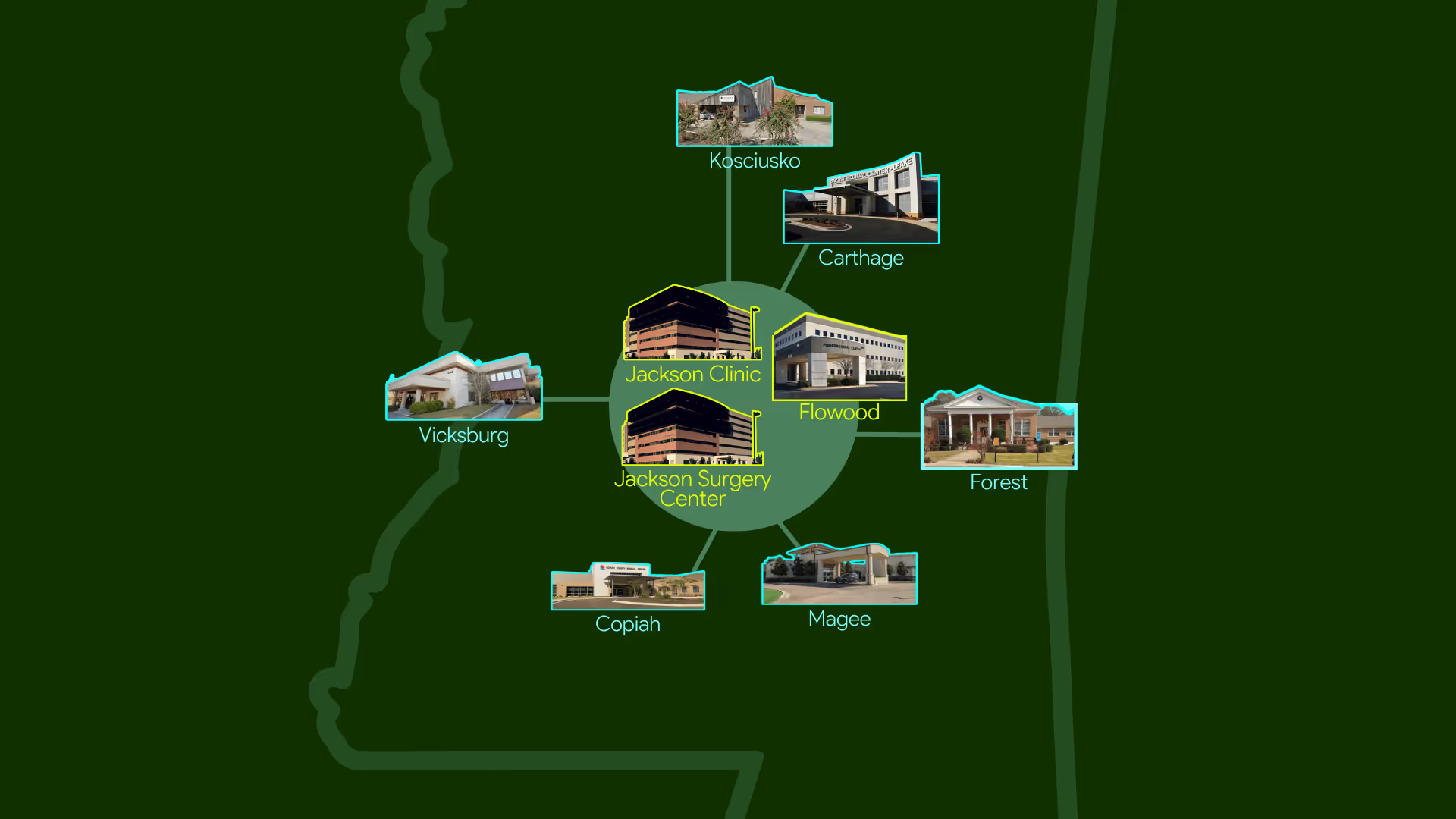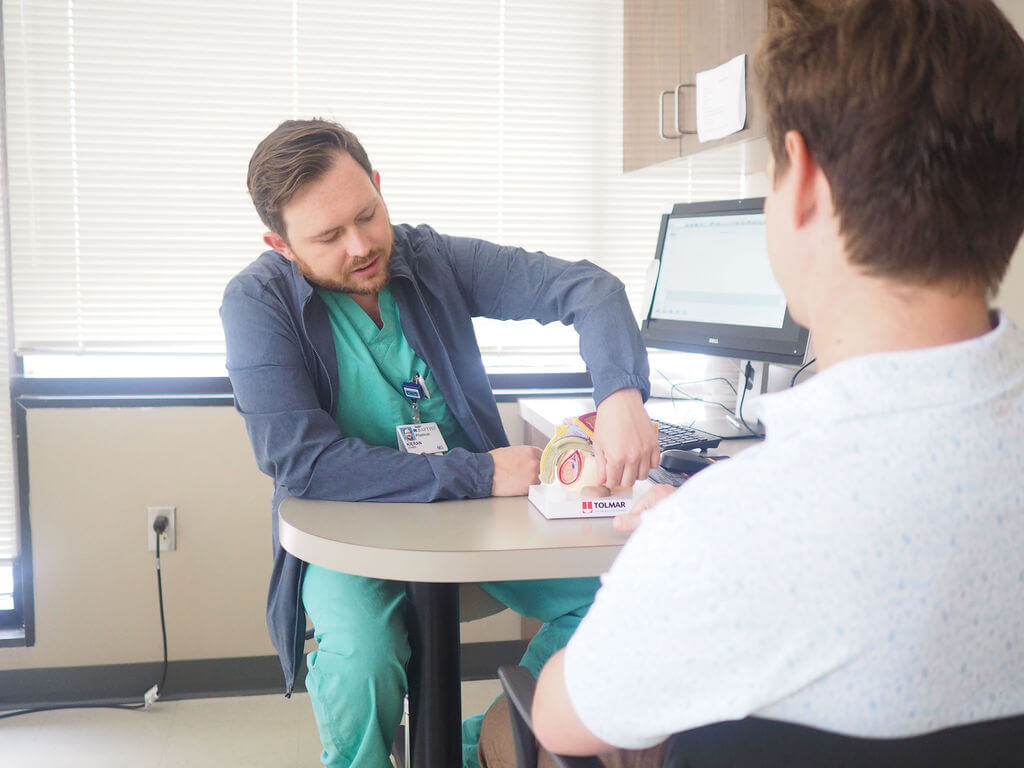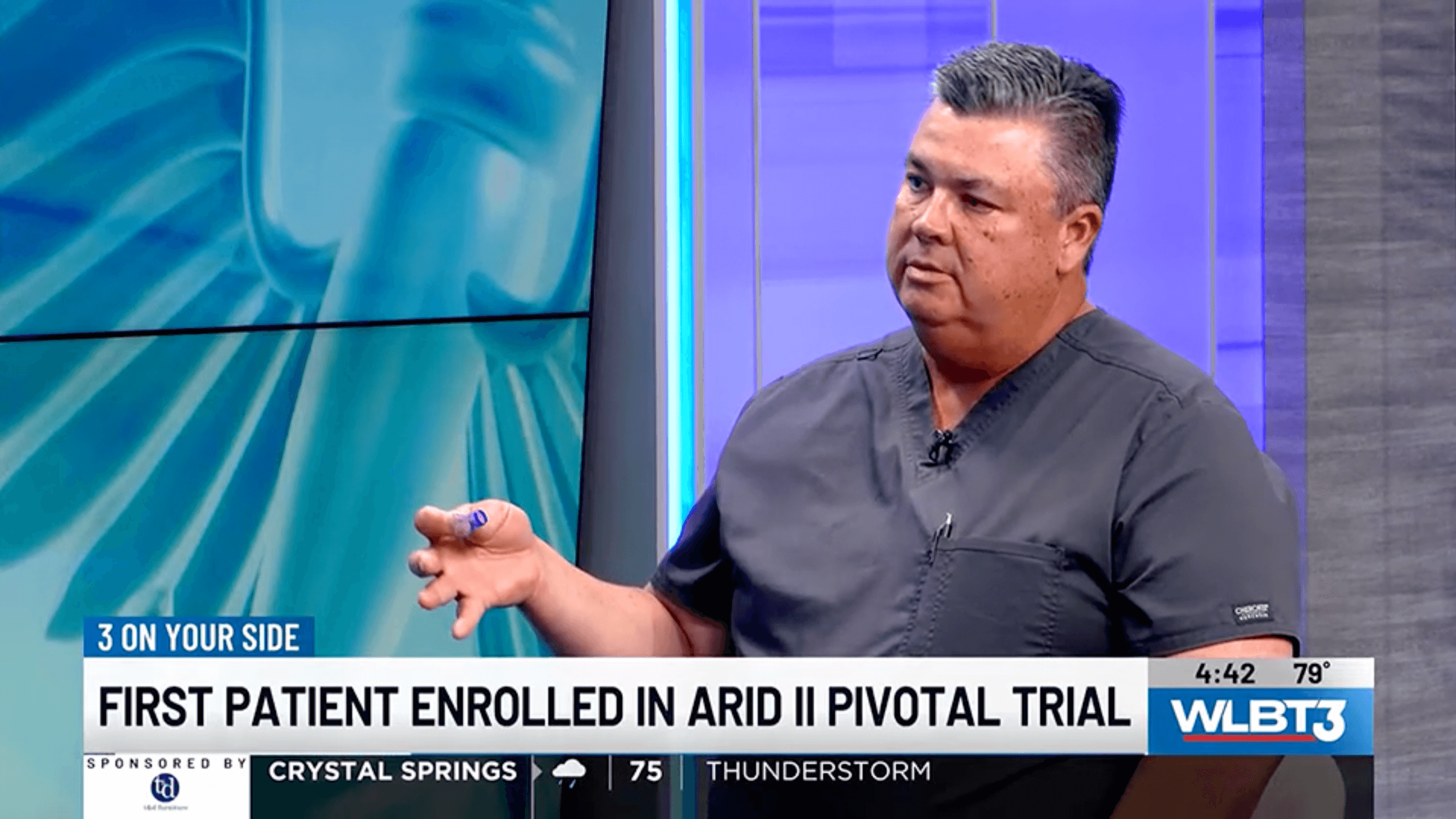Few things stop you in your tracks like the sudden, intense pain of a kidney stone. If you’ve just been diagnosed—or suspect you have one—you’re probably wondering what happens next. Here’s what you need to know about symptoms, treatment, and when to seek urgent care.
Kidney Stone Symptoms
Kidney stones can cause intense pain, often described as one of the most severe types of discomfort. You may feel sharp, cramping pain in your back, side, or lower abdomen, and the pain may come in waves or shift as the stone moves through your urinary tract. Other symptoms include blood in the urine, frequent urination, pain during urination, and nausea or vomiting. Some people may also experience fever and chills if an infection is present.
Solutions Offered by MS Urology
At MS Urology, we offer a full range of treatment options to address kidney stones and get you back to feeling your best. Depending on the size, location, and severity of your kidney stone, your urologist may recommend one or more of the following treatments:
Treatments to Relieve Obstruction or Infection: These are interventions that help stabilize the patient by draining urine, reducing pain, or treating infection before addressing the stone itself.
- Ureteral Stent: A ureteral stent is a thin tube inserted into the ureter to help drain urine and relieve obstruction caused by the stone. This can help manage pain and reduce the risk of infection until further treatment is performed.
- Kidney Drainage: In cases where infection is present or the kidney is severely obstructed, a drainage procedure such as a nephrostomy tube may be needed to allow urine to bypass the blockage and safely exit the kidney.
Treatments to Remove the Kidney Stone: These are procedures that directly target the kidney stone to break it up or remove it.
- Ureteroscopy with Laser Lithotripsy: A small scope is passed through the urethra and bladder into the ureter to directly visualize and fragment the stone using a laser.
- External Shockwave Lithotripsy: High-energy shockwaves are used to break the stone into smaller pieces from outside the body, allowing them to pass naturally.
- Percutaneous Nephrolithotomy: For larger or more complex stones, a small incision is made in the back to access the kidney directly and remove the stone.
Do I Need to Go to the Emergency Room?
In some situations, kidney stones require urgent medical attention. You should go to the emergency room immediately if you experience any of the following symptoms:
- A fever higher than 100.4°F
- Nausea or vomiting
- Inability to keep food or liquid down
- Severe, ongoing pain lasting 2–3 weeks
- Signs of a urinary tract infection or sepsis
Prompt treatment can prevent complications and help protect your kidney function.
How Long Does It Take to Treat?
Treatment timelines for kidney stones can vary depending on the size of the stone, presence of infection, and other health factors. In many cases, multiple steps are needed—especially if an infection is present. Often, the infection must be treated first with antibiotics or drainage before addressing the stone itself with a procedure. Your urologist will create a personalized treatment plan to ensure your recovery is safe and effective.
Contact Mississippi Urology
If you’re experiencing kidney stone symptoms or have questions about your treatment, our team is here to help. Contact us or schedule your appointment.
Frequently Asked Questions
Can a 7mm kidney stone dissolve?
Most kidney stones are not dissolvable, especially if they’re made of calcium. In rare cases, certain types of stones—such as uric acid stones—can be dissolved with medication that makes the urine less acidic. However, a 7mm stone is unlikely to pass on its own and often requires medical treatment to break it up or remove it.
What can mimic kidney stone pain?
Conditions such as urinary tract infections, muscle strains, ovarian cysts, appendicitis, and gastrointestinal issues can sometimes mimic kidney stone pain. It’s important to see a healthcare provider for an accurate diagnosis.
Do energy drinks cause kidney stones?
Some studies suggest that high consumption of energy drinks, which often contain caffeine and other compounds, may increase the risk of kidney stones by promoting dehydration or altering urinary composition.
Can kidney stones cause constipation?
While kidney stones don’t directly cause constipation, severe pain and use of certain pain medications (like opioids) during treatment can lead to constipation as a side effect.
Does soda cause kidney stones?
Certain types of soda, especially those containing phosphoric acid (like colas), have been linked to an increased risk of kidney stones. Limiting soda intake may help reduce your risk.
Can alcohol cause kidney stones?
Moderate alcohol consumption is not strongly associated with kidney stones, but excessive alcohol can lead to dehydration, which increases the risk of stone formation.
Can creatine cause kidney stones?
Current research does not show a direct link between creatine supplementation and kidney stone formation in healthy individuals. Staying hydrated is key when using creatine.
Does green tea cause kidney stones?
Green tea contains compounds called oxalates, which can contribute to certain types of kidney stones if consumed in large amounts. However, for most people, moderate green tea intake is not a significant risk factor. It’s also worth noting that other types of tea—such as black tea, whether sweetened or unsweetened—tend to have higher oxalate levels and may carry a greater risk of contributing to kidney stones if consumed excessively.
Does soda water cause kidney stones?
Plain soda water (carbonated water without added phosphoric acid or sugar) does not increase the risk of kidney stones and can be part of a healthy hydration routine.
Can females get kidney stones?
Yes, females can develop kidney stones, although the condition is slightly more common in males. Women may experience different symptoms or locations of pain compared to men.
Can beer cause kidney stones?
Some studies suggest that moderate beer consumption may actually lower the risk of certain types of kidney stones due to increased urine output. However, excessive alcohol consumption can still lead to dehydration, which increases risk.



























